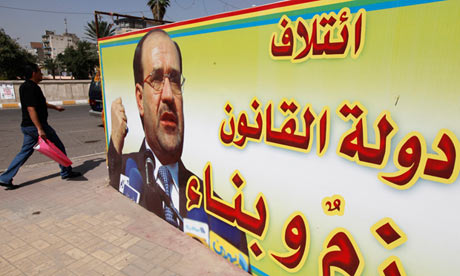By Ryan Aliman
Impunity Watch Reporter, Africa
BANGUI, Central African Republic – Rebel groups continue to recruit child soldiers according to a report released by the United Nations Children’s Fund (UNICEF) last week.

Based on the UNICEF report, roughly around 2,000 children in Central African Republic (CAR) have been enlisted by various militias since last month’s takeover of the capital, Bangui.
“We have verified cases, but no precise number. What we are hearing from partners in the field is that there has been an increase in terms of the geographic scope and the magnitude of the practice. . . Children are recruited to be used as spies, porters, messengers, cooks, in addition to fighting on the front lines as well,” UNICEF spokeswoman Marixie Mercado said.
Several journalists for the Associated Press (AP) personally witnessed dozens of young boys patrolling Bangui. “They were riding in pickup trucks with other rebels and in some cases on foot patrol, always closely supervised by older, heavily armed fighters,” wrote Krista Larson, one of the AP journalists at Bangui. When approached by the AP reporters, one of the young soldiers revealed to them that he is 14 years old and joined the Seleka rebel alliance three months ago.
The UNICEF report states, however, that despite such “clear evidence of the continuing recruitment and use of children by armed groups”, Seleka officers persistently deny this practice.
In fact, the country’s new information minister, Christophe Gazam Betty, disagrees with the figures given by the UNICEF. Betty insisted that there are only about 40 child soldiers who are still with the Seleka group. “If there are combatants who are under the age of 18, there is a system in place through the United Nations,” he said. “They will be separated and picked up by UNICEF.”
Declaring it as a grave violation of international law, the UNICEF explicitly condemned the use of child soldiers.
“Recruiting children is both morally unacceptable and prohibited under international law,” said Souleymane Diabate, UNICEF’s country representative. “We have called on the new leadership in CAR to ensure that all children associated with armed groups should be released immediately and protected from further violations,” Diabate added.
The UNICEF remains hopeful that the rebels will heed the organization’s call to end the practice. In the report, the UNICEF cited previous instances where the rebel groups who make up the alliance currently in power have successfully disarmed their young members.
“Some child soldiers can be returned to their families or to other relatives. Others will be placed in foster homes where possible, though some will be given training on living independently,” Shannon Struthers, UNICEF senior adviser for emergencies, told the press as she explained the process of disarming children in CAR.
For further information, please see:
Associated Press – Child Soldiers Patrol C. African Republic Capital – 20 April 2013
AfriqueJet – CAR: UNICEF says CAR rebels still recruiting child-soldiers – 13 April 2013
UPI – UNICEF: Central African Republic still recruiting child-soldiers – 12 April 2013
Voice of America – UN: CAR Groups Still Recruiting Child Soldiers – 12 April 2013


